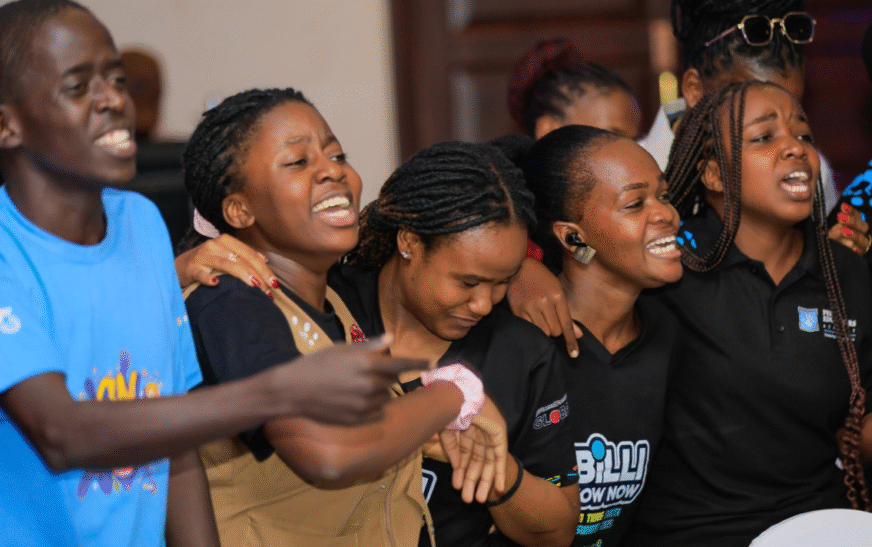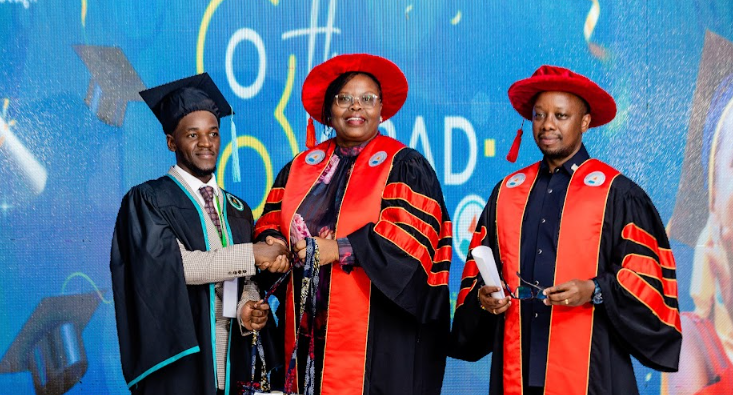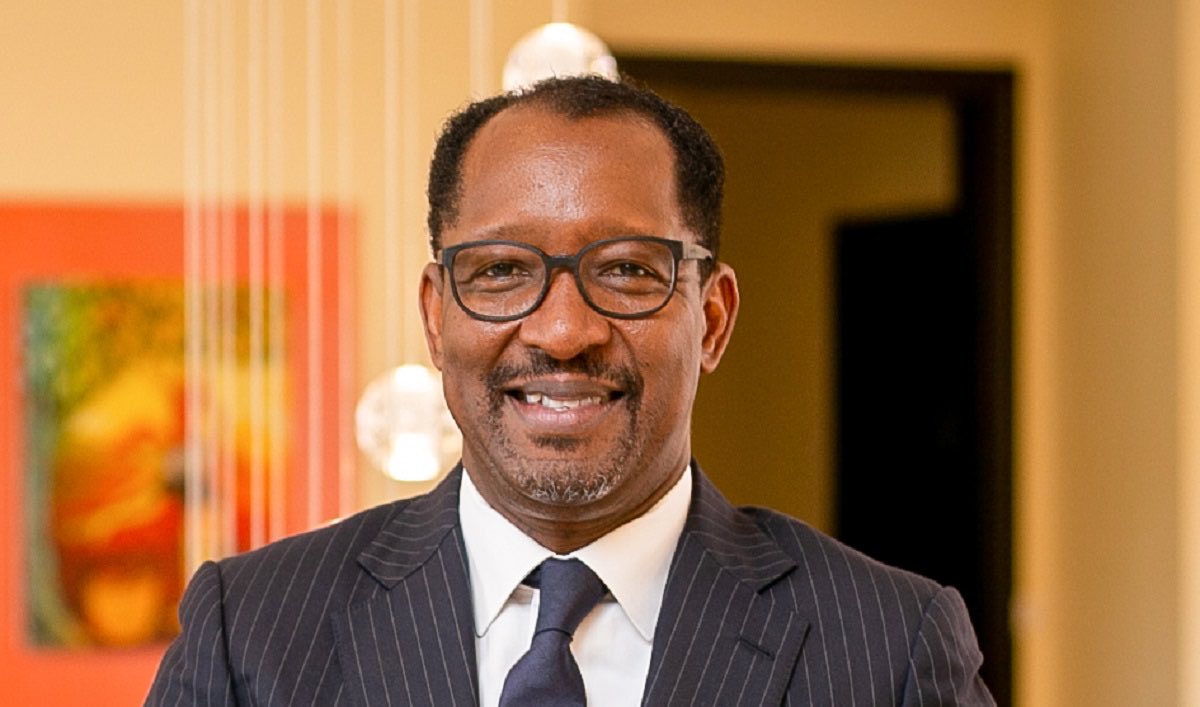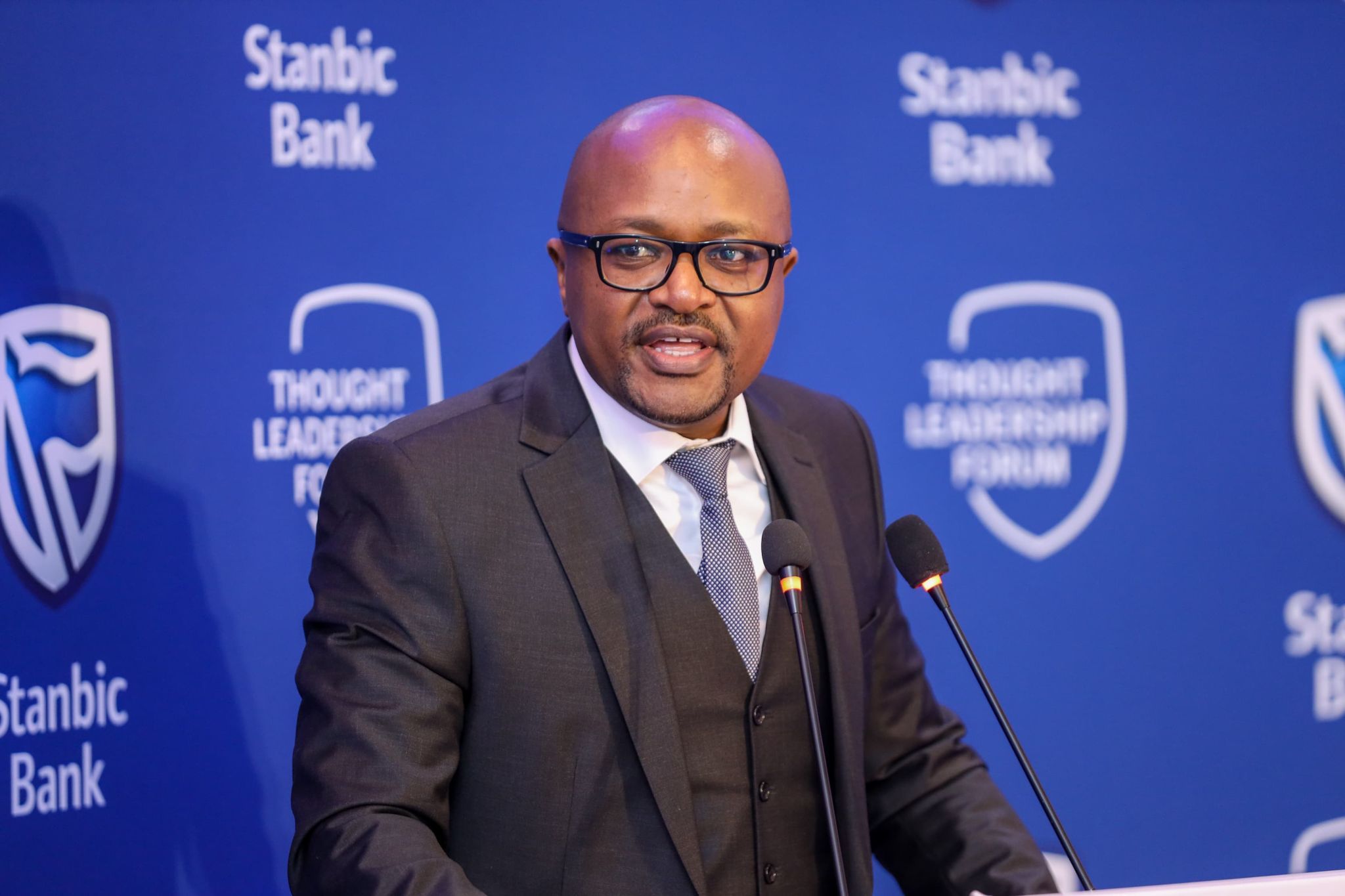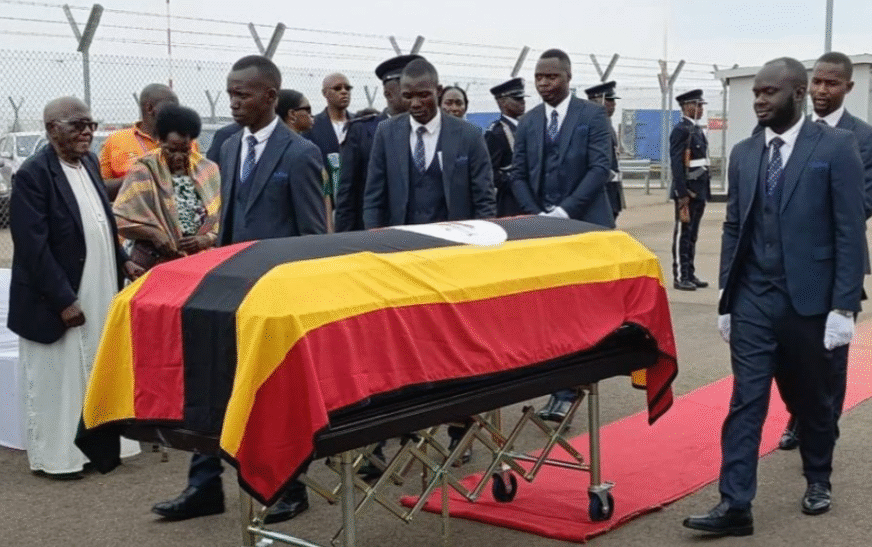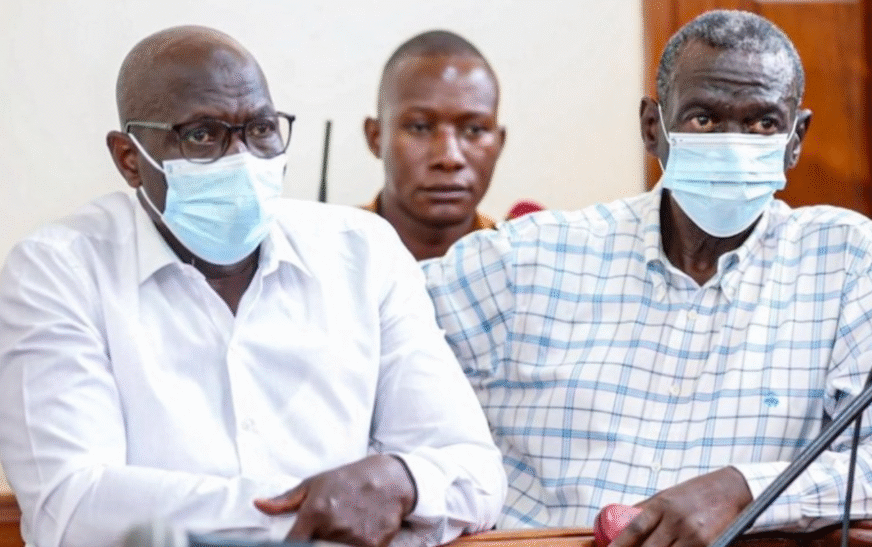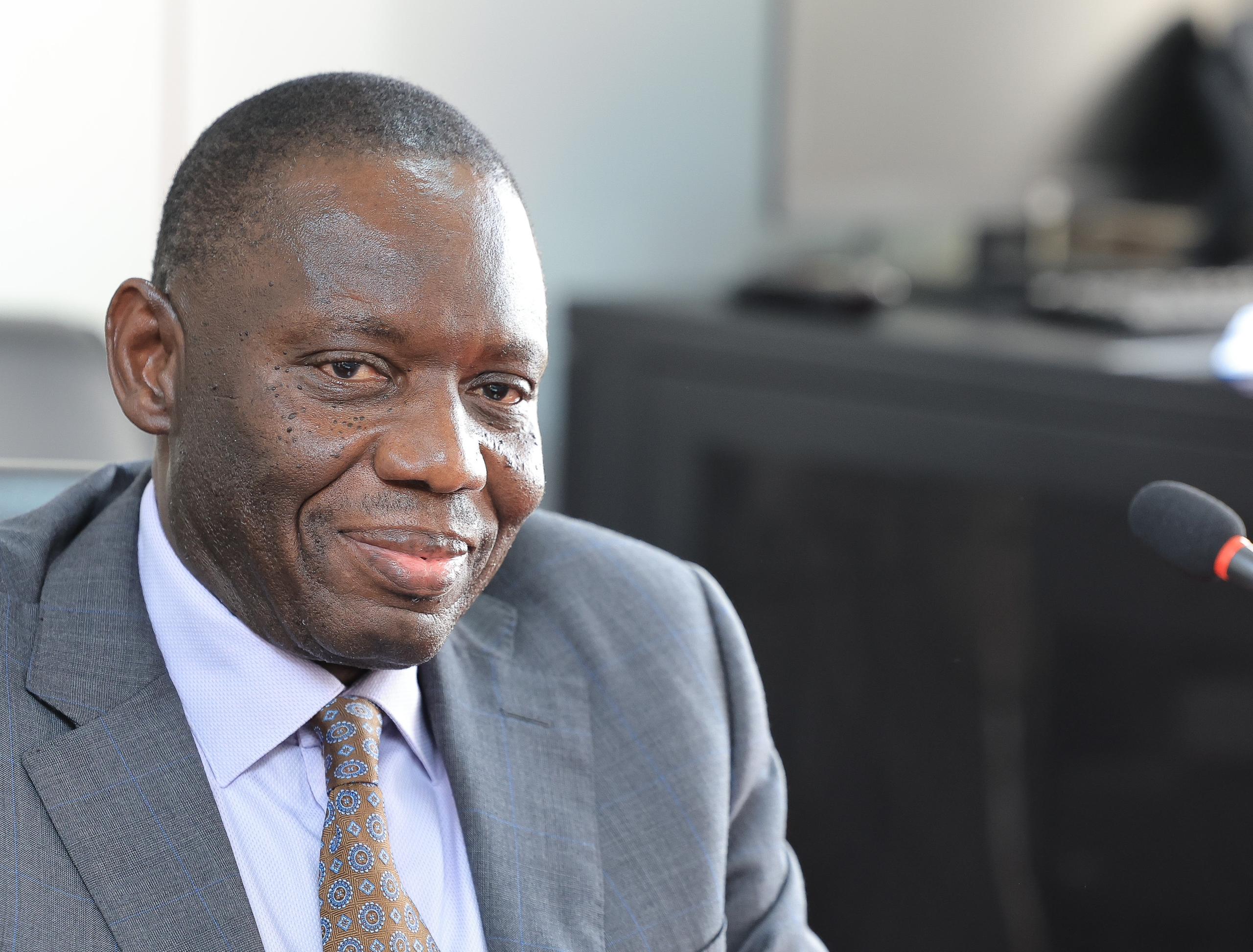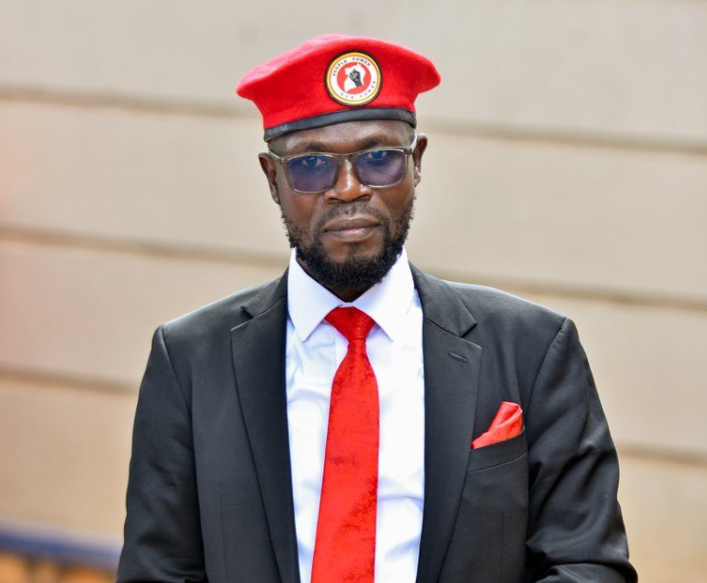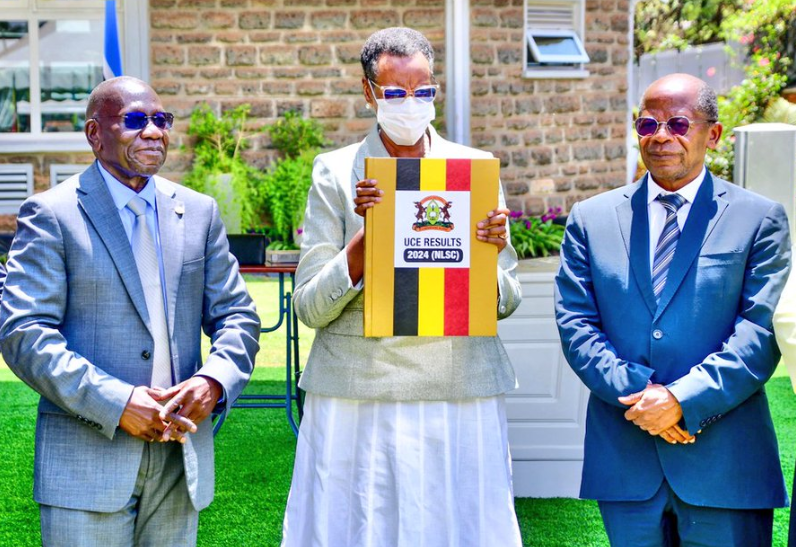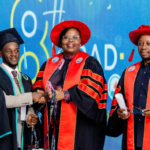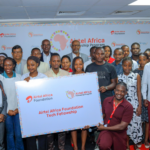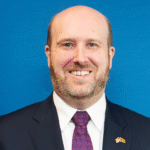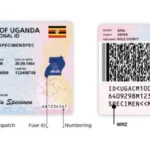Civil society organisations have called for urgent action to provide youth-friendly legal aid services that meet young people where they are — through music, storytelling, and digital platforms.
This powerful call was made during the Annual Reproductive Justice Litigation Dialogue, dubbed GN Trybe Billi Now Now Pre-Youth Baraza, held at Serena Hotel, Kigo.
The Baraza fostered intergenerational dialogue and movement building among young people, activists, legal experts, and service providers working at the intersection of justice and Sexual and Reproductive Health and Rights (SRHR). The event aimed to identify youth-led solutions, advocacy strategies, and policy reforms to advance reproductive justice, while promoting dignity, autonomy, and equitable access to services. Participants also critically examined structural barriers — including restrictive legal frameworks, policing practices, and detention conditions — that hinder young people’s access to SRHR services.
The youth-led Pre-Baraza is part of a larger four-day event taking place from August 5–8, 2025, under the theme: “Incarceration and SRHR in Africa: Defining Pathways to Reproductive Justice.”
Humphrey Nabimanya, CEO of Reach A Hand Uganda, highlighted the impact of restrictive reproductive laws on young people.
“From menstrual health in detention, to the criminalisation of abortion, to access to legal aid and dignity while locked up — these issues are real. But so are our solutions. Let’s bring the vibes, the ideas, the truth, and let’s make this Baraza more than just a talk shop. Let us spark a shift.”
The call to action included demands for the integration of mental health services into schools and communities, breaking the stigma around facilities like Butabika Hospital, and reforming the Penal Code to decriminalise abortion and expand access to safe SRHR services, especially for adolescents.
Senior Superintendent of Police Jackson Muchunguzi addressed the systemic gaps in child protection and emotional development. He pointed to how broken families, absentee parenting, and lack of support systems often push children into conflict with the law.
“You may be young, but you’re not too young to do the right thing,” he told the youth, while highlighting the harsh realities of Uganda’s remand homes and the emotional neglect many children face.
The event also spotlighted findings from Afya na Haki’s research on infanticide and reproductive oppression in Ugandan prisons. Stories like that of a 15-year-old girl imprisoned after giving birth alone underscore the urgent need for holistic reforms in education, legal systems, and family planning access.
While laws such as The Children (Amendment) Act, 2016, The Penal Code Act, and Articles 20, 24, and 33 of the Constitution of Uganda guarantee the rights of children and young people, implementation remains a major challenge. The voices raised at the Baraza were clear: laws alone are not enough. We need accountability, compassion, and concrete action.
The Youth-Led Pre-Baraza was not just another event — it was a resounding call to action. A call for leaders to listen. A call for systems to reform. A call for a future where no young person is locked out of their rights.

